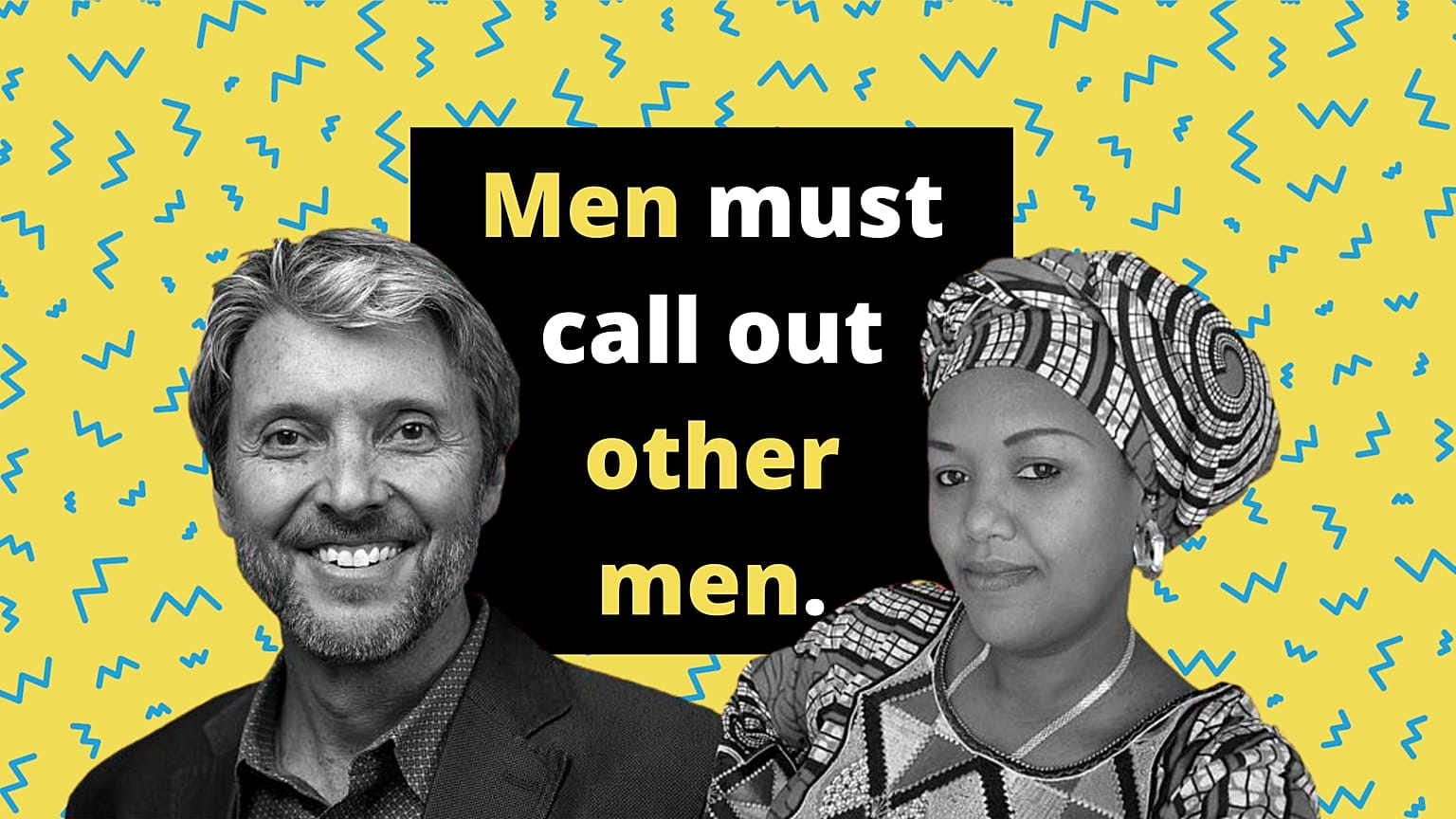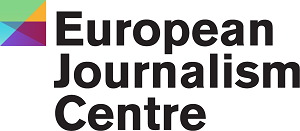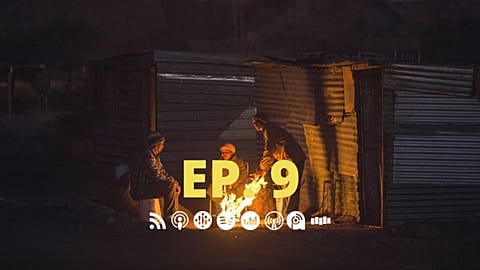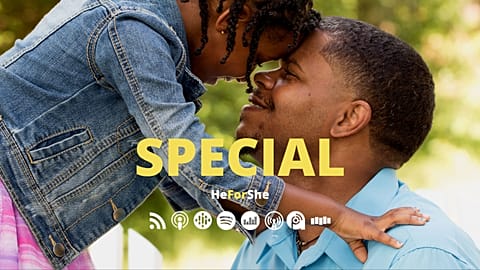How can we involve men in the progress towards gender equality? Gary Barker, CEO and founder of Promundo, thinks we should look at Africa to get some of the answers.
#MeToo has been a much-needed wake-up call about male violence against women, building on the work of thousands of women’s rights activists and NGOs around the world who, for decades, have been demanding full equality for women.
 ADVERTISEMENT
ADVERTISEMENT
 ADVERTISEMENT
ADVERTISEMENT
But we need to talk about the men.
The equality that women seek is equality vis a vis men. It is men in positions of greater power compared to women, men earning higher wages, men’s violence against women and men’s indifference towards (or support for) equality for women. This must also be part of the conversation about global gender equality.
Recent surveys from the UK, Denmark and elsewhere have found that many men, in fact, think feminism has gone too far or that gender equality has already been achieved. Some men get upset about this conversation, and often end up moving towards organized anti-feminist groups such as Men Going Their Own Way.
For decades, perhaps centuries, men’s power over women, men’s higher wages, and men’s higher numbers in parliaments and C-suites, have mostly gone unquestioned by men. That’s what power does; it makes itself invisible and unquestionable. When we bring up the fact that women earn, on average, 17% less than men in the same professions, many men turn to the argument that they have worked for those higher wages, and that they deserve them more. Fish don’t see the water they swim in, and so many men tend to not see this thing we call patriarchy. When it’s pointed out, they don’t want to talk about it.
How, then, can we involve men in these conversations and speed up progress toward equality? One strategy is to help men see how harmful ideas of manhood affect men themselves in terms of poor health, mental health issues, and the impact of violence on men’s own lives.
But conversation is not enough. We need men to call out other men who use violence or abuse power. We need men to do their share of care work, to stand shoulder to shoulder with women in the workplace, to call for equal wages and equal leadership opportunities for women.
Often, we look to Scandinavia or Canada as examples of what it looks like for men to be allies when it comes to gender equality. But some of the most creative and impactful examples of men engaging as allies for womens’ and girls’ equality come from somewhere else: sub-Saharan Africa. Across the continent, in the last 20 years, there has been an exciting expansion of creative, evidence-based approaches that engage men as part of the solution.
In South Africa, Sonke Gender Justice’s One Man Can Campaign has led to changes in ideas about manhood at the community level, reduced violence by men against women, and improved HIV results, as men take their role in sexual health more seriously. In, addition, the young and adult male activists, who are part of the initiative, work with women to hold local police and government authorities accountable for implementing existing laws on gender-based violence and gender inequality.
In Uganda, Raising Voices developed Sasa! as a community norm change and accountability model that engages men and women in dialogue, from local leaders to shopkeepers to young parents, in finding their common stake in ending men’s violence against women. Based on the documented effectiveness of this approach, it is being implemented in various parts of East Africa and beyond.
In several West African countries, the UN Population Fund, in partnership with the World Bank, and with our organization, Promundo, is supporting Les Ecoles de Maris et Ecoles des Futurs Maris - husband schools and future husband schools. The program uses a gender transformative approach to engage men in discussions about how to end harmful practices such as child marriage, and brings men in as allies in women’s sexual and reproductive health.
One participant in the husband’s club in Burkina Faso said, “relationships in our homes are better, our lives have really changed. When I come home, I talk to my wife, and I do a lot of things I didn’t do before. We are all winners because it is healthy.”
In Rwanda, Promundo partners with the Rwandan Men’s Resource Centre (Rwamrec) to engage men via father training. Expectant couples are recruited during prenatal visits. Topics include couple communication, child development, family health, and men’s own fears about becoming fathers. Men are also encouraged to take on new household tasks – and they do. An impact evaluation that looked at more than 1,000 couples nearly two years after the workshops found increased participation by men in household activities, and a dramatic reduction in violence against women – nearly 50% lower than the control group. Based on the results, the Ministry of Health is moving to scale the program up nationally.
These are only a few examples, often in partnership with governments and the UN, that are changing how some men in parts of Africa see their role in women’s empowerment. These programs are carried out in partnership with key women’s rights organizations, and with women and girls in the communities where they are implemented.
When they work well, men see the multiple benefits. One Rwandan participant said, “I saw that I was abusing her by insisting on having sex when she didn’t want to. Or when I yelled at her and my children saw this and were scared of me. Now [after the workshops] things are better, for all of us.”
We must continue to call men out for harm caused. But all of these programs also call men in, and help them see that they have a stake in having respectful, caring relationships with partners and children, rather than relationships based on domination. These lessons offer much for Europe and North America as well, and help us change the colonialist and racist views that African men (and Middle Eastern men, and Latin American men) are macho brutes and that men in the global North have it figured out.
No country in the world has healthy manhood figured out, nor has any country achieved full equality for women. In the meantime, there is much to learn from Africa, and from the many men who are already part of the cause of healthy and equitable masculinity.
____________
Gary Barker, PhD, is a leading global voice in engaging men and boys in advancing gender equality and positive masculinities. He is the CEO and founder of Promundo, which has worked for 20 years in more than 40 countries to advance gender equality and prevent violence.
Shamsi Kazimbaya is a Senior Program Officer at Promundo. She has more than 10 years of extensive experience in coordinating the implementation of policies and programmes focusing on the promotion of gender equality, women’s rights, and gender integration in reproductive, maternal, and child health.
____________
Opinions expressed in View articles are solely those of the authors.
Are you a recognized expert in your field working in Africa? Are you of African descent? Would you like to share a personal story that challenges traditional views on masculinity? Email us at CryLikeBoy@euronews.com
____________



















